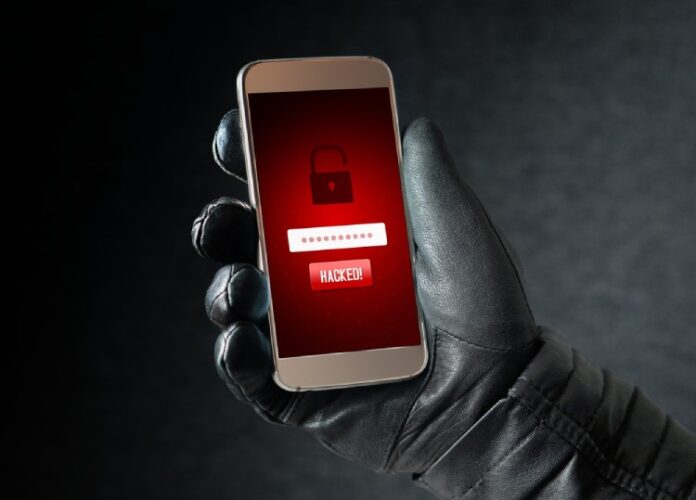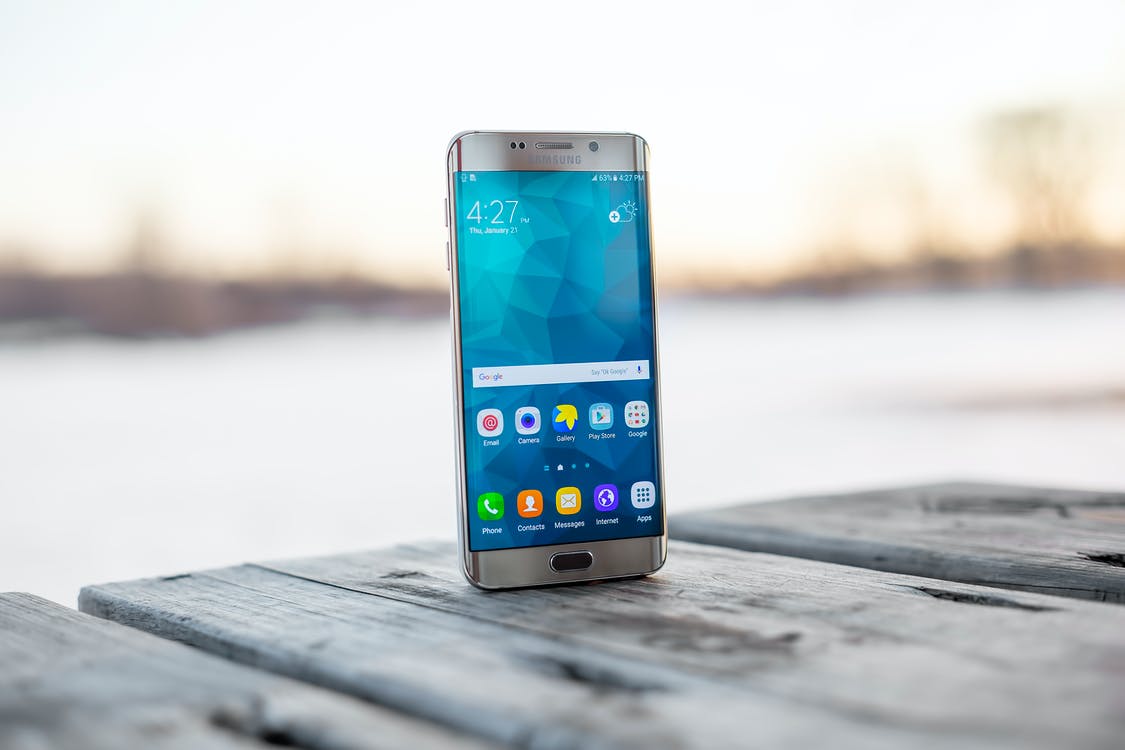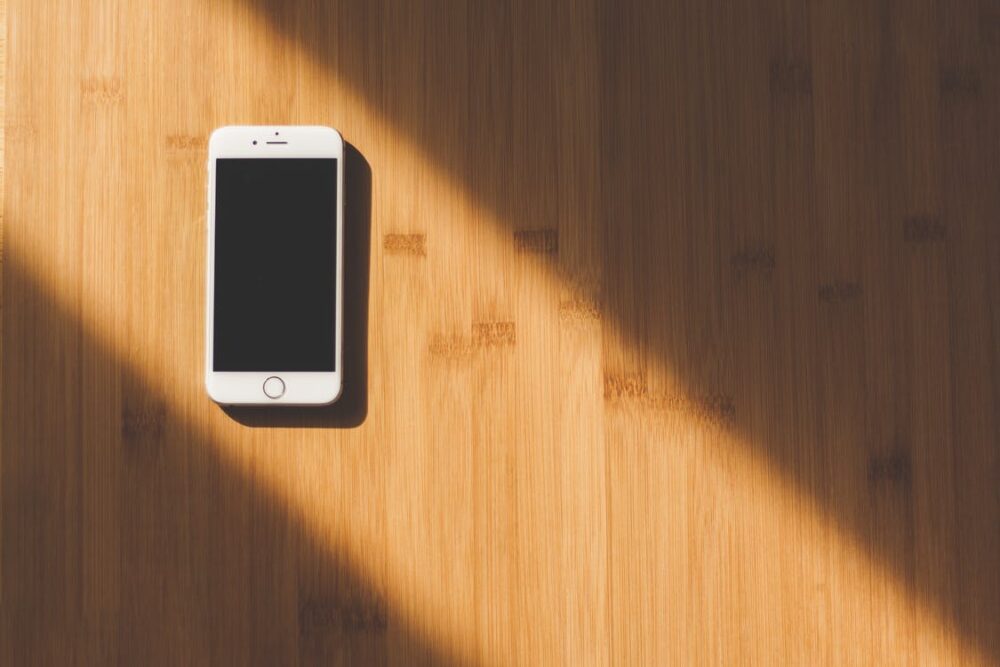
Compared to the Windows OS, Android isn’t nearly as big of a target. Besides, mobile-specific malware is blocked by Google Play’s security team and has almost no means of damaging the system. However, the situation with spyware is a bit different. According to statistics, mobile phones, and tablets running on Android are more vulnerable to spyware attacks in 2024 than ever.
This post will talk about some protection basics and how to secure your data from keyloggers, adware, webcam hijackers, and more. Our focus will be on the actual threats and how to battle them, not any specific antivirus solutions. That means you won’t find answers to questions like “Is Avast good for Android,” on antivirus-review.com even though this software is very well capable of keeping all emerging threats at bay. Alright, let’s get right to the point.
Table of Contents
Protection Is The Basis

Most users overlook the importance of having the latest updates downloaded and installed that provide security. Indeed, this is necessary, as Google is constantly perfecting the Android system, implementing brand-new tools, services, and modules to make it more secure. We recommend switching automatic updates on and letting the OS handle everything on its own. At the same time, you should be careful with outside threats.
Suspicious links

The particular links are a threat to all operating systems, not only Android. But, studies show that mobile users tend to follow potentially dangerous links more often than the owners of desktop computers. Malicious links have only one goal: to make you believe that you’re on a legit website and steal your credentials. For example, you might be tricked to think that you’re on PayPal, while, in truth, you’re on a fake copy. Once you enter your account, the hackers will get access to it.
Also, restrain yourself from downloading and installing apps that promise magical things like “100% performance boost”. We already mentioned that the apps on the Google Play Store are very safe. Sadly, a lot of users download programs from third-party websites that don’t have any certificates. That’s how malware (mostly spyware) finds its way into their devices.
Passwords

Spyware has only one goal: to steal whatever it can find on your device. Therefore, it would be wise not to store anything significant on it. That’s especially true for text files labeled “My Passwords” or anything like that. The most aggressive types of spyware can scan the entire system and find any traces of information that they can send back to the hacker. One thing you can do is use cloud storage services and store your credentials there.
This is important: none of us is safe from an Android account hack. They are all stored in Google’s secure cloud, that’s true, but, still, it happens sometimes. The best remedy for this is a hard-to-crack password and two-factor authentication. A password manager can help you come up with complex, safe logins-passwords.
Public Wi-Fi Networks

Did you know that your movements can be tracked through a vulnerable Wi-Fi network? That’s right: when you log into a public network, you share certain info about yourself and your phone/tablet. Furthermore, most modern-day Smartphones deliberately “put themselves out there” to locate available (and preferably free) networks close by.
This data is mostly used by malls/shops to send potential customers specific ads. Simultaneously, criminals can try to use this to their advantage and gain access to your gadgets.
Prevention of Impact

The protection sometimes fails, and thus, one should see the ways to counter it. Some decent software solutions specifically target spyware attacks. With that said, the experts recommend investing in a commercial product, as it will be more effective against all types of threats. The most common types of spyware are keyloggers, webcam/mic hijackers, and adware.
No matter how careful you are, webcam hijacking malware will take control over your camera (and the microphone as well) and, well, spy on you. Adware isn’t always very dangerous, but it is known to slow down OS performance significantly. As for keyloggers, they can (and do) get their “hands” on logins and passwords even without the help of phishing URLs. Advanced loggers copy your keystrokes no matter how secure a website might be.
The good news is – the best security suites will easily handle all these threats.
VPN is cool

A VPN (Virtual Private Network) may help as well. It turns you into a digital shadow and hides your online activity from third parties. This is achieved by channeling your traffic through a secure server. ISPs, government agencies, and cybercriminals can only see bits of untraceable code when you’re connected through a VPN.
Scan
If you have an advanced security suite installed on your Android device, run a full scan. It might take some time. Not all security solutions can find and eliminate these types of threats, of course. But, even if you don’t want to invest in expensive anti-spyware software, we still recommend installing a free program and starting a system check.
Factory Reset

Most types of spyware and stalker won’t survive a full system factory reset. Obviously, you should only do this when you’re 100% sure the OS is overrun. And, make sure to create backups of all the necessary files so that you don’t lose them. Here’s how you can launch a factory reset on an Android device:
- Go to the Settings and select General Management
- There, you’ll find the Reset menu. Click on it, and hit (or, rather, tap) Factory Data Reset
- This might take a while, so, don’t touch the phone until the system restarts
Passwords and e-mail address change
Yes, it’s a drastic move, but if you know for sure that hackers breached one of your accounts, this will be the right thing to do. Most of us use the same e-mail address and the same logins and passwords for all of our accounts. This is convenient, of course, but not a good move security-wise.







